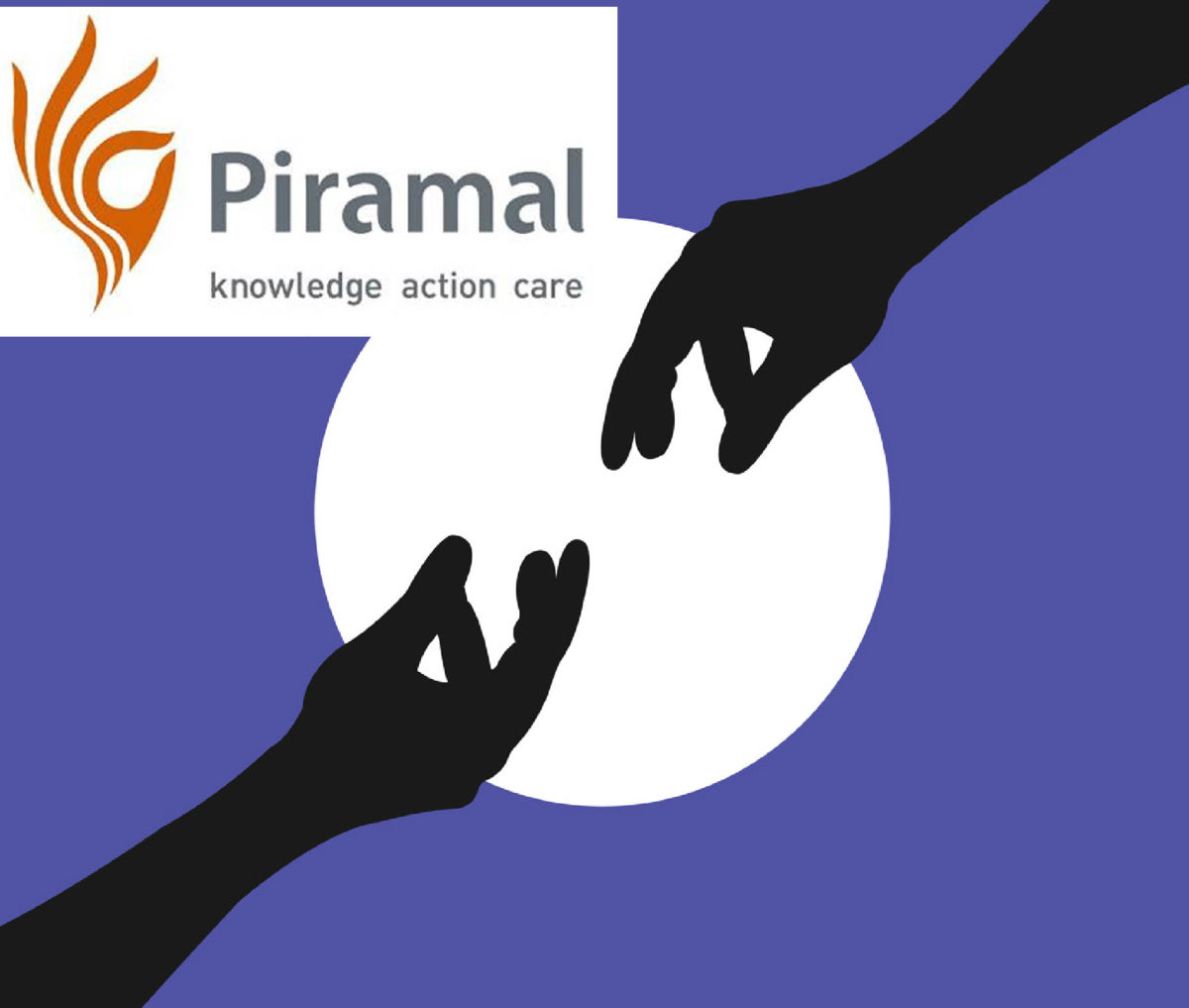New Delhi/Bengaluru: In the Indian start-up space, Tiger Global Management’s Lee Fixel is destined to play matchmaker, even if he’s not an interested party.
Sometime towards the end of 2015, MakeMyTrip Ltd’s co-founder Deep Kalra wanted to reach out to South African media company Naspers to discuss a proposition. Fixel, one of the first institutional investors in MakeMyTrip, promptly introduced his friend Kalra to Naspers’ chief executive Bob van Dijk.
That introduction would eventually lead to the buyout of Naspers-owned Ibibo by MakeMyTrip this week although initial discussions collapsed. (It’s only fitting; more than seven years ago, Kalra had introduced Fixel to the Bansal of Flipkart, which would eventually become Fixel’s biggest investment ever.)
“…Frankly it (the initial discussion) did not work and my big learning from that was that till the people who are at the helm (in this case Ashish Kashyap of Ibibo and me) are involved, it wouldn’t,” said Kalra, chairman and group chief executive of MakeMyTrip. Maybe the timing was bad too, he added.
Then, as luck would have it, the service tax case in early January brought Kalra, his team and Ibibo’s co-founder Kashyap together. The two were fighting for the same cause, and against the Director General of Central Excise Intelligence that had forced the online travel firms to pay service tax that it claimed they owed, on the risk of arrest. (Indeed, one MakeMyTrip executive was arrested).

Deep Kalra, co-founder of MakeMyTrip. Photo: Priyanka Parashar/Mint
The two firms won the case in the Delhi high court in September.
Soon after they started fighting the case, Kalra and Kashyap met socially, at the farm house of a common friend. That evening, the discussion went beyond the service tax case, to the state and future of the online travel business. Sometime in the course of that evening, Kalra made his pitch. What if the two companies came together, he asked.
The two companies were strong competitors and were burning a lot of cash towards expanding the market.
“We started chatting about possibilities, whether there was merit in looking at (doing) something together. I think both of us did see a clear common ground and a clear common vision. Importantly, we said that this is just the beginning and this crazy amount of discounting cannot go on forever,” Kalra said in a telephone interview on Wednesday.
Kashyap gave it some thought and after several rounds of discussions with his team and months of research decided to take the proposal to Ibibo’s parent Naspers.
Naspers wanted to know why, and why now? Wasn’t it too early to seek such consolidation in a market where Internet penetration was still on the rise and online booking still a new concept?
Kashyap said his response was that by coming together, MakeMyTrip and Ibibo would try to solve “exactly this problem”. And of course, the money spent in educating and growing the market would be less if the two big forces teamed up.

Ashish Kashyap, chief executive of Ibibo. Photo: HT
By 2016, the timing was better. The two companies were growing rapidly and the success of Chinese online travel firm Ctrip in China gave Naspers some confidence in the potential of the business in India.
By then, Ctrip had committed to invest $180 million in MakeMyTrip through convertible bonds. Naspers realized it was in for an expensive fight in India.
After several meetings, both parties were convinced that a merger was the way to go.
“We saw reason when we saw life through a 10-year prism…,” said Kashyap.
It wasn’t easy even for MakeMyTrip, admits Kalra, who says the merger was even more difficult than the company’s Nasdaq listing in 2010.
“When both companies are doing well, it is difficult to do a deal because no one is going to bend over.”
Neither company was desperate for a deal, although both were keen, he added.
ALSO READ | MakeMyTrip to widen lead over rivals with Ibibo deal
Things went back and forth.
“It has taken over two quarters for the deal to actually materialize and the last quarter has seen frenetic activity,” said Kalra.
The deal was finally signed on 18 October.
Recent Articles on M&A
Source: Mint




